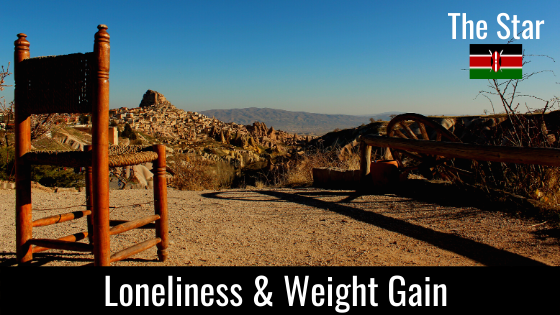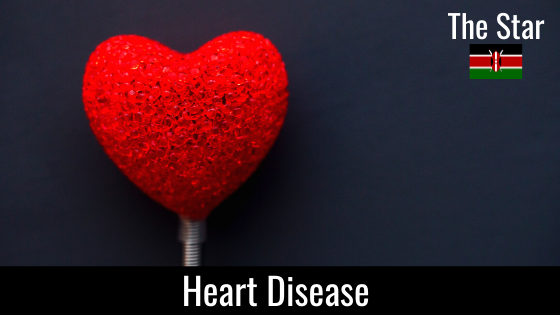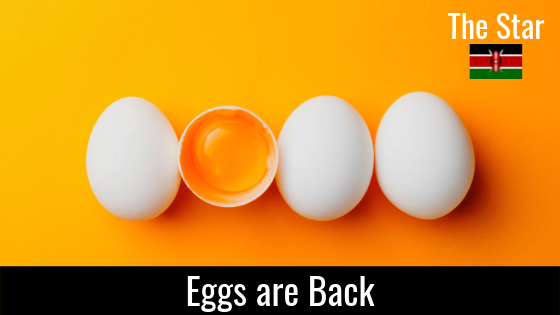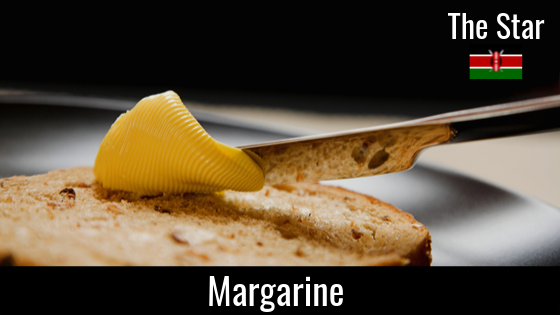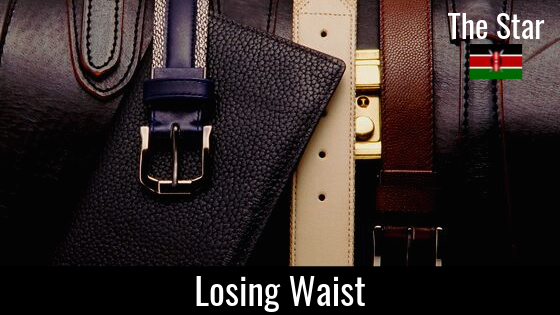We are in the midst of an epidemic of loneliness. Humans are deeply social animals that have evolved to experience social rejection in the same way as physical pain. Millions are desperately lonely, even in the company of others.
It has been reported that loneliness is as big a killer as obesity and as dangerous as heavy smoking.
Weight Gain – The Physical
As a weight-loss physician, I understand that overeating in the obese is a consequence of a biochemical or hormonal imbalance, and not just a result of reckless gluttony. Weight gain is under automatic control. You cannot will yourself fat, just as you cannot will yourself thin. If you deprive yourself of food for long enough, then your hunger hormones will go into overdrive and trump any ‘willpower’ you think you have.
Hormones control hunger, satiety, and cravings, as they do growth, thermal control and reproduction. The totality of evidence available also suggests that a substantial fraction of obese individuals exhibit an imbalance between an enhanced sensitivity of the reward centres in the brain to energy-dense food and weakened control over appetite behaviours. Whether this imbalance causes or is caused by uncontrollable overeating is currently a major subject of interest.
That said, there is no doubt that the vast majority of us, overweight or not, have a complicated emotional relationship with food. How often do we interrogate the relationship between what we eat and our mood? What impact does loneliness have on our food choices? Why do we crave foods such as cakes, ice-cream, chips, mandazi, biscuits, and chocolate when we are anxious, stressed or upset?
It is no coincidence that the foods we crave contain sugar. These situations are perceived as ‘stress’ by the body. The most primitive part of our brain interprets this as fear. This causes a surge of stress hormones, like adrenaline and cortisol, which flood our bloodstream with glucose (energy), fuelling us in preparation for the impending fight or flight. Observe that no-one craves spinach or nyama choma in these situations.
Weight Gain – The Psychosocial
Social isolation is a lack of contact with other individuals, while loneliness is the feeling that one is emotionally disconnected from others. This is distinct from being technologically connected, which most of us are. Loneliness is perceived isolation, which is a consequence of emotional starvation. Humans crave connection. As long as our emotional needs remain unmet, we will seek, subconsciously or otherwise, to fill that void with food, alcohol, pornography or drugs.
All human motivation is driven by a desire to escape discomfort. A recent study provided some evidence that social isolation was causing ill health, rather than the other way around. They estimated that loneliness can increase the risk of premature death by around 30%.
Loneliness – Under Pressure
Our 24/7 lifestyles are becoming more and more unsustainable. Pressures to achieve financially and socially are huge. The technology that was invented to bring us together is actually tearing us apart, as our circle of reference gets wider. We no longer compare ourselves with just our neighbours. We can now see how the other half live, halfway around the world. The desire for material wealth, for the most part, supersedes that for emotional health, as we struggle to keep up with the Jones’s. Rates of depression and anxiety are on the rise. Sleep, by many, is considered an inconvenience. In the process, we continually abandon our deep emotional needs, until, eventually, we’re unsure of what they are. So, we remain incredibly lonely, even in the company of others.
Most of us now enjoy a baseline of material affluence. But this has come at a cost. We do not often, or will not take the time to foster and nurture close friendships. We live further from our parents and close relatives. Our traditional support structures have fallen apart as we relocate for work. Our secular society is abandoning religious services, where we once received weekly doses of ‘spiritual filling’. Our isolated lives and the perpetual dissatisfaction with our achievements cultivate deep chasms of emptiness. All too often, these are filled with food, or drink. Not because we are hungry, but because what we are really hungry for isn’t available.
I wrote this piece to highlight the complex facets of weight gain and therefore, the importance of a non-judgemental, multidisciplinary approach to tackling the biggest health crisis on earth. I do not purport to have a comprehensive solution, but I do accept that acknowledging and addressing the psycho-social aspects of obesity is as important as addressing the physical aspects.
This article was published in The Star, Kenya, in print and online on 14th October 2019.

